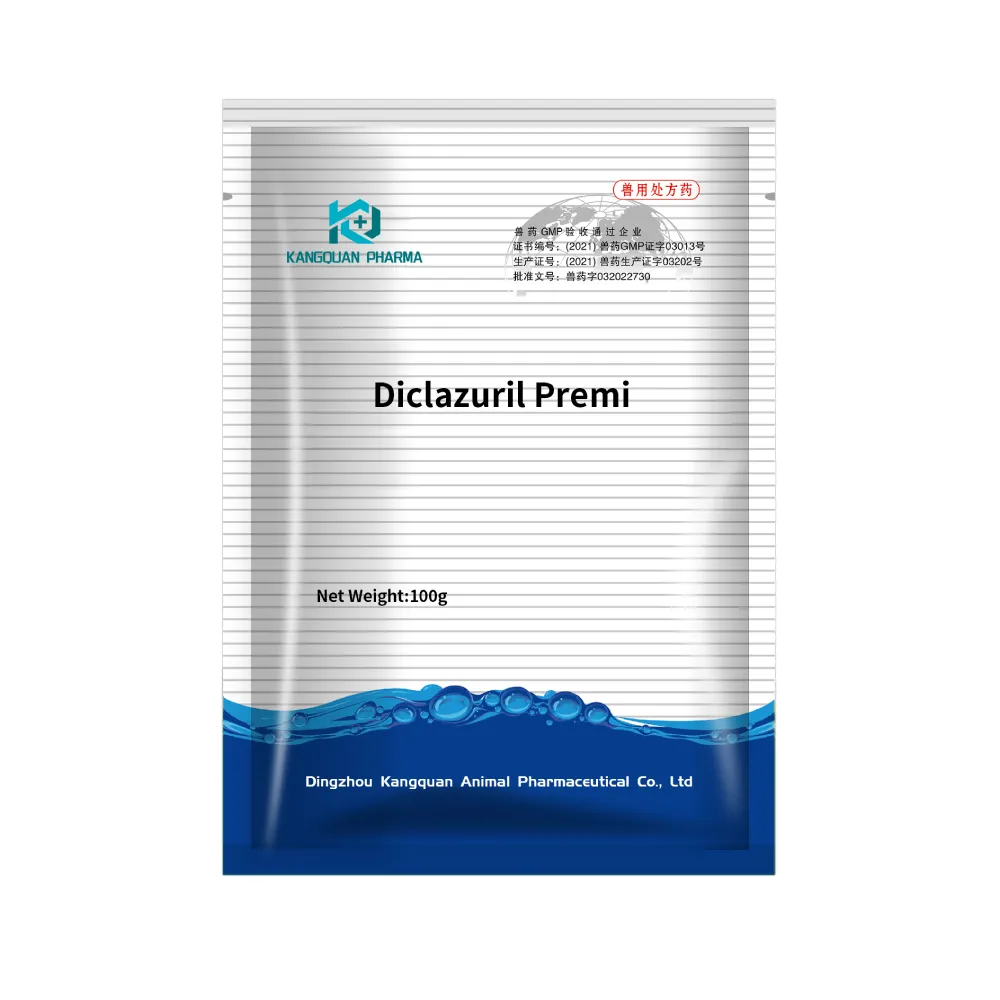- Afrikaans
- Albanian
- Amharic
- Arabic
- Armenian
- Azerbaijani
- Basque
- Belarusian
- Bengali
- Bosnian
- Bulgarian
- Catalan
- Cebuano
- Corsican
- Croatian
- Czech
- Danish
- Dutch
- English
- Esperanto
- Estonian
- Finnish
- French
- Frisian
- Galician
- Georgian
- German
- Greek
- Gujarati
- Haitian Creole
- hausa
- hawaiian
- Hebrew
- Hindi
- Miao
- Hungarian
- Icelandic
- igbo
- Indonesian
- irish
- Italian
- Japanese
- Javanese
- Kannada
- kazakh
- Khmer
- Rwandese
- Korean
- Kurdish
- Kyrgyz
- Lao
- Latin
- Latvian
- Lithuanian
- Luxembourgish
- Macedonian
- Malgashi
- Malay
- Malayalam
- Maltese
- Maori
- Marathi
- Mongolian
- Myanmar
- Nepali
- Norwegian
- Norwegian
- Occitan
- Pashto
- Persian
- Polish
- Portuguese
- Punjabi
- Romanian
- Russian
- Samoan
- Scottish Gaelic
- Serbian
- Sesotho
- Shona
- Sindhi
- Sinhala
- Slovak
- Slovenian
- Somali
- Spanish
- Sundanese
- Swahili
- Swedish
- Tagalog
- Tajik
- Tamil
- Tatar
- Telugu
- Thai
- Turkish
- Turkmen
- Ukrainian
- Urdu
- Uighur
- Uzbek
- Vietnamese
- Welsh
- Bantu
- Yiddish
- Yoruba
- Zulu
Nov . 29, 2024 17:03 Back to list
Tylosin Injection Use in Cats for Treating Various Health Conditions
Tylosin Injection for Cats An Overview
Tylosin is an antibiotic that belongs to the macrolide class of drugs. It is widely utilized in veterinary medicine, primarily to treat various bacterial infections in livestock and companion animals, including cats. This article provides a comprehensive overview of tylosin injections for cats, including its uses, mechanisms of action, potential side effects, and important considerations for pet owners.
What is Tylosin?
Tylosin is a broad-spectrum antibiotic that targets Gram-positive bacteria and some Gram-negative bacteria. It disrupts protein synthesis in bacterial cells, effectively inhibiting their growth and reproduction. While tylosin is often used in larger animals, such as cattle and poultry, it can also be effective for treating specific infections in felines.
When is Tylosin Used in Cats?
Tylosin injections may be prescribed for cats suffering from a variety of conditions, including
1. Respiratory Infections Tylosin can be effective against specific bacterial infections that affect the respiratory system in cats. 2. Gastrointestinal Issues It is commonly used for treating conditions like chronic diarrhea and colitis caused by bacterial overgrowth.
3. Periodontal Disease Tylosin may be indicated for some dental infections and diseases due to its antibacterial properties.
Dosage and Administration
Tylosin is typically administered through injection, either subcutaneously (under the skin) or intramuscularly (into the muscle). The dosage will depend on the specific condition being treated and the weight of the cat. It is crucial for pet owners to follow their veterinarian's instructions carefully regarding the dosage and frequency of injection.
tylosin injection for cats

Side Effects and Precautions
While tylosin is generally well-tolerated, some cats may experience side effects. Common side effects include
- Gastrointestinal Upset Some cats may develop diarrhea, vomiting, or loss of appetite following treatment. - Allergic Reactions Rarely, cats can experience allergic reactions, which may manifest as swelling, itching, or difficulty breathing. If any severe reactions occur, immediate veterinary attention is required.
- Injection Site Reactions Some cats may show discomfort or swelling at the injection site, but these symptoms usually resolve on their own.
Though side effects are relatively uncommon, pet owners should always monitor their cats during treatment and report any concerning symptoms to their veterinarian.
Important Considerations
Before administering tylosin injections, pet owners should inform their veterinarian about any pre-existing health conditions their cat may have, particularly liver or kidney issues, as these can affect how the drug is processed in the body. Additionally, interaction with other medications should be discussed to avoid potential complications.
It is also important for pet owners to complete the full course of treatment as prescribed, even if the cat appears to be feeling better before finishing the medication. Premature discontinuation can lead to antibiotic resistance and may worsen the infection.
Conclusion
Tylosin injections can be an effective treatment option for various bacterial infections in cats. However, as with any medication, it is essential to follow your veterinarian's advice and monitor your pet for potential side effects. By keeping open communication with your veterinarian and adhering to treatment protocols, you can help ensure the best possible outcome for your feline friend. Always consult your veterinarian for personalized advice and treatment options tailored to your cat's specific needs.
-
Guide to Oxytetracycline Injection
NewsMar.27,2025
-
Guide to Colistin Sulphate
NewsMar.27,2025
-
Gentamicin Sulfate: Uses, Price, And Key Information
NewsMar.27,2025
-
Enrofloxacin Injection: Uses, Price, And Supplier Information
NewsMar.27,2025
-
Dexamethasone Sodium Phosphate Injection: Uses, Price, And Key Information
NewsMar.27,2025
-
Albendazole Tablet: Uses, Dosage, Cost, And Key Information
NewsMar.27,2025













